Training
Upon completing all four initial sessions under Getting Started, users will be invited to register for different trainings and courses. These training sessions will allow you to understand how to design, command, run, explore, analyze and share your data using the Cloud Lab platform and the Open Science tools.
Receive training from 3 sources
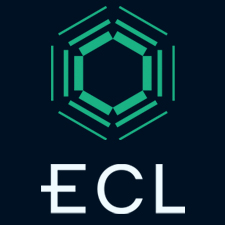
Emerald Cloud Lab Trainings
Get trained by the ECL team to obtain the Cloud Lab certification and run your first experiment. The training by ECL is a 4-day session exploring the different aspect of the Cloud Lab.
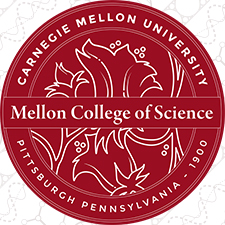
Mellon College of Science Courses
Get trained by the CMU MCS team to obtain the Cloud Lab certification and get credits. The training by ECL is a multi-day session focused on CMU research.
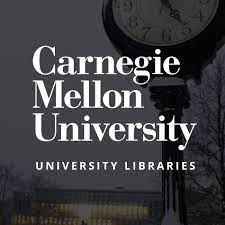
Open Science Trainings
Get trained by University Libraries on the world of open science. Three separate trainings will be offered on tools that support collaboration and open research: LabArchives, Protocols.io, and KiltHub.
ECL Training
Duration: 4 days of 8-hour sessions
Conducted by the Emerald Cloud Lab, this series of training will provide:
- Basics of Command Center
- Organizing Laboratory Notebooks
- Using the Experiment Command Builder
- Tracking experiment progress
- Trouble-shooting experiments
- Plotting experimental results
The trainings will allow you to get the Cloud Lab certification and access the Cloud Lab to start your first experiment.
Minimum System Requirements:
- 64-bit i5 Dual-Core or equivalent
- 4 GB RAM
- 20 GB Disk Space
Recommended System Requirements:
- 64-bit i7 Quad-Core or equivalent
- 8 GB RAM
- 40 GB Disk Space

CMU Mellon College of Science Trainings
Nucleic Acids Cloud Lab with Subha Das, Associate Professor of Chemistry, Mellon College of Science
Duration: 6 weeks of 80-minute sessions
Description: This training is to introduce the Emerald Cloud Lab (ECL) and use the ECL Command Center to setup, execute and track experiments at the California-based ECL facility, all via remote control.
Mini 1: attendees will learn the essential steps to program the Wolfram Mathematica-based ECL interface and use it to design, program and execute experiments with DNA and other nucleic acids.
Mini 2: Will cover the steps to synthesize, analyze and manipulate the DNA. Attendees will design experiments that automate the dispensing of the nucleic acids and use them for biophysical and biochemical measurements and experiments, and plot and analyze data. Prior programming experience is very helpful but not necessary.
For students: PREREQUISITES (09106 or 09107) and (03121 or 15110) Basic Freshman Chemistry, but not absolutely required. Please inquire.
The trainings will allow you to get the Cloud Lab certification and access the Cloud Lab to start your first experiment.

Subha Das
Associate Professor of Chemistry
Mellon College of Science
University Libraries’ Open Science Trainings
All sessions are independent and can be taken separately
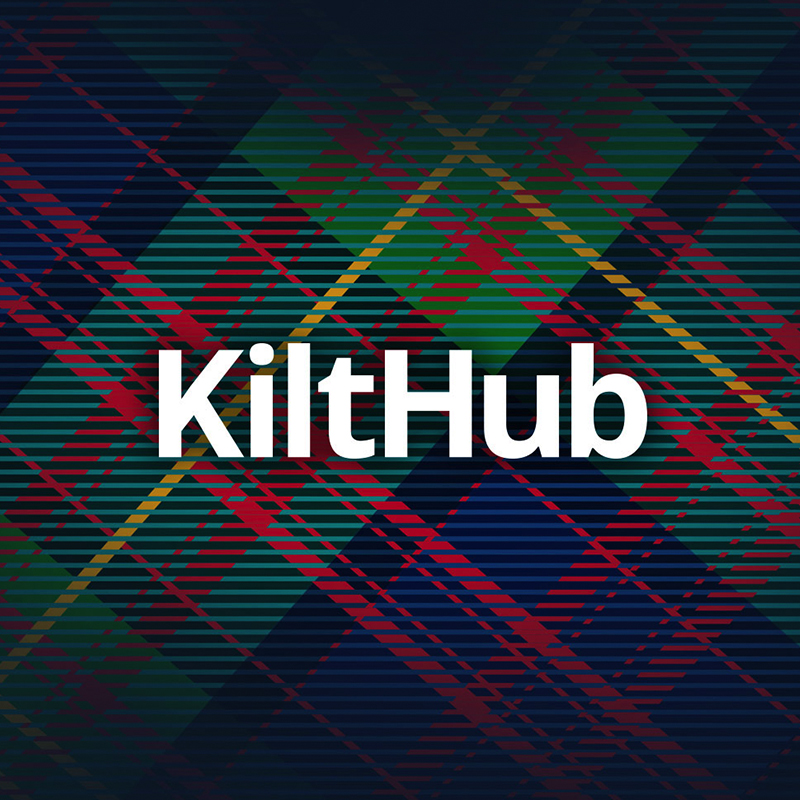
KiltHub Repository
Make all of the products of your research openly available, citable, & reusable with CMU’s institutional repository
Duration: 1.5 hour sessions
KiltHub is a comprehensive institutional repository platform, provided by the University Libraries and hosted on figshare, where Carnegie Mellon University researchers and their collaborators can share the scholarly outputs and research data produced in the course of their research. KiltHub curates, collects, preserves, and provides open access to this material as part of the Libraries’ commitment to open scholarship and collaboration. Data specialists from the KiltHub team (Katie Behrman, Ann Marie Mesco, and Hannah Gunderman) will lead a 1.5 hour training for MCS on using KiltHub, including a tour of the KiltHub data deposit interface, a demonstration of a sample deposit, and a Q & A session. Liaison librarians representing MCS subject areas will also attend the training to help provide subject-specific guidance on questions pertaining to depositing data produced in MCS research.
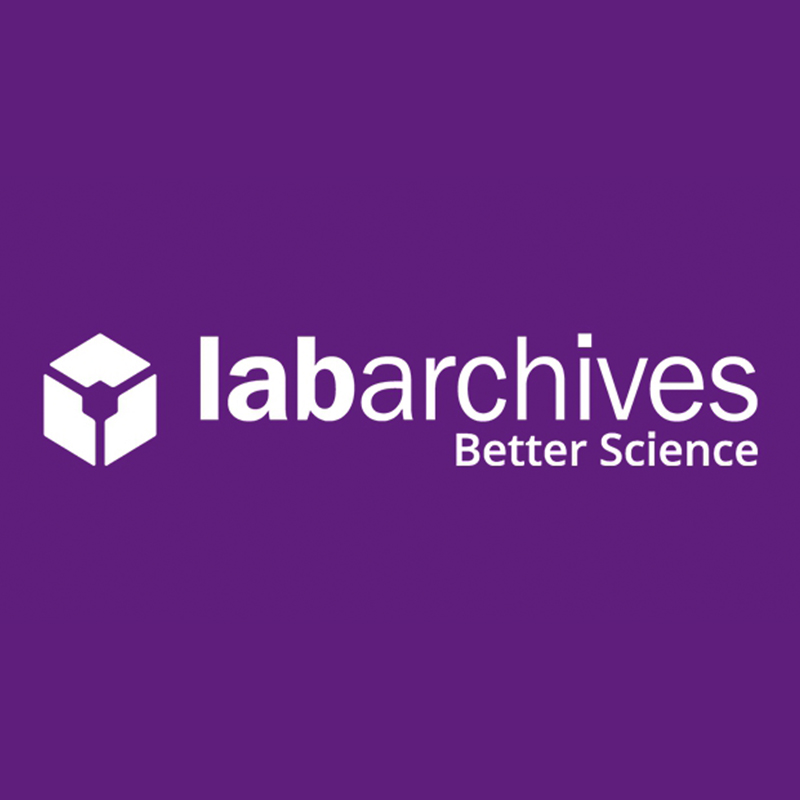
LabArchives
Electronic Research Notebook to securely record & share research notes & data
Duration: 1-hour sessions
Join this 1 hour session to learn how you can use a LabArchives Notebook to securely manage your research and access it from work or home. LabArchives is offered to all researchers at Carnegie Mellon at no additional cost to you. We will cover how to set up and organize a notebook and add and organize your research data, collected either in a wet lab or in the Cloud Lab.We will also cover how you can quickly share your data and collaborate with colleagues.
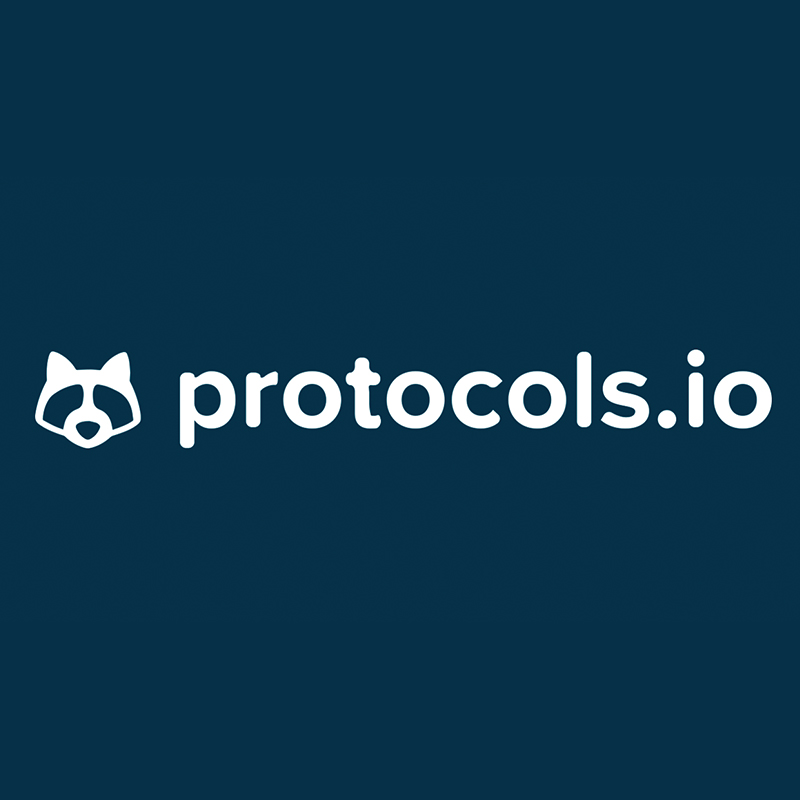
Protocols.io
Document & share step-by-step methods & protocols
Duration: 1-hour sessions
Research papers and protocol organization in labs often lack detailed instructions for repeating experiments. protocols.io is an open-access platform for researchers to collaboratively create step-by-step, interactive and dynamic protocols that can be run on mobile or web. Researchers can share protocols with colleagues, collaborators, the scientific community or make them public, with ease and efficiency. Real-time communication and interaction keep protocols up to date with versioning, forking/copying, Q&A, and troubleshooting. Public protocols receive a DOI and allow open communication with authors and researchers to encourage efficient experimentation and reproducibility. Join this session to learn more about protocols.io and the benefits that come with your CMU premium license.